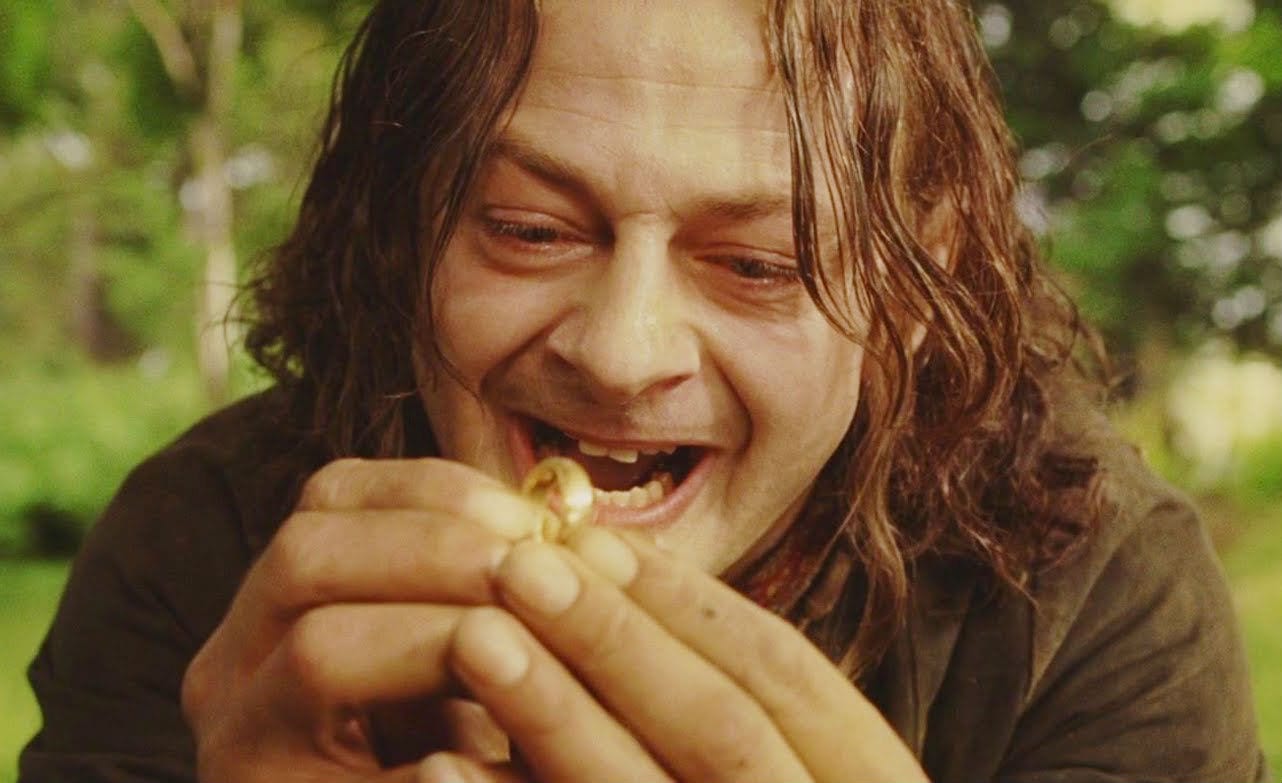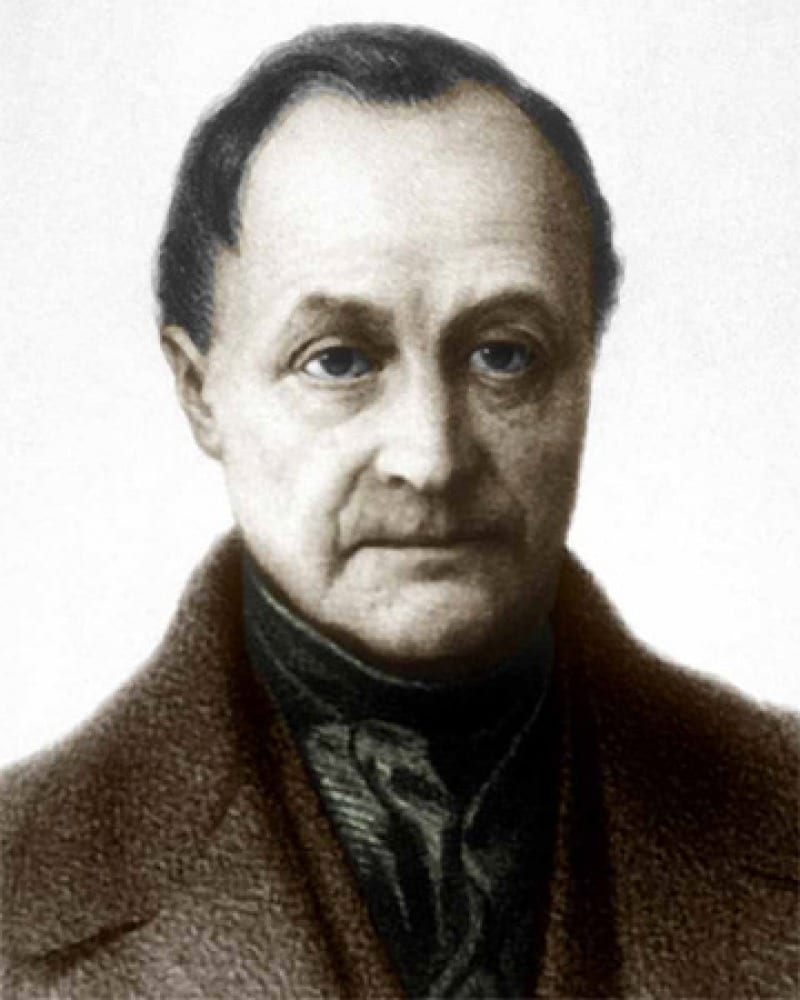PROLOGUE of The Republic
“Tales” (myths) about injustice (327a-368d) Bk. I
(327a) Socrates was on his way with Glaucon to pray at the Piraeus and see how the festival in honor of the Thracian goddess Bendis would be conducted.
(328b) Polemarchus’ son invites them to Polemarchus’ house.
(328e-331d) Socrates speaks to Cephalus about old age, the benefits of being wealthy, and justice. Socrates enjoys learning from Cephalus’ in his old age. Since he devoted himself to virtue and detachment from wealth, Cephalus thinks his old age is easier than the others he meets who are constantly complaining about the glories, women, bodies that they use to have but don’t anymore. Cephalus points out that people also begin to care about the wrongs they’ve done because of the afterlife zero’s the ledger, and those that lived virtuously have sweet hope. The chief purpose of wealth is to pay the Gods (piety) and others (justice).
Cephalus (328c-331d; I.2–I.5.),
(331c) Cephalus defined justice as “paying back one’s debts to the Gods and men.” But since one would not claim that it is just to return weapons that one owes to a friend gone crazy, justice is not being truthful and returning what one owes as Cephalus claims. Cephalus quietly acknowledges that Socrates is correct and leaves to go pay his dues to the Gods. The discussion between Socrates and Polemarchus follows (331d-336b).
Polemarchus (331d-336a; I.6–1.9)
(332c) Polemarchus defines justice as helping one’s friends and harming one’s enemies and that this is what Simonides meant by ‘rending to each his own’. Socrates’ objections to Polemarchus’ definition are as follows:
- (i) Is this appropriate in medicine or cooking? So in what context is this the case? (332d)?
- (ii) The just person will also be good at useless things and at being unjust (333e). Justice can’t be measured by ‘utility’ since a doctor or banker can use his skill equally for evil: skillfull guarding of money can be used for thievery.
- (iii) We often do not know who our friends and enemies are.. Would this be justice? You have good enemies you should help and bad friends that you shouldn’t.Thus, we may treat those whom we only think are our friends or enemies well or badly. (334c). If mere utility (e.g. skill in guarding money) is the standard for friends, and if many misjudge enemies to be bad and friends good, then harming enemies will sometimes harm the good. (injustice)
- (iv) It does not seem to be just to treat anyone badly, not even an enemy (335b). When you treat a horse bad, it’s weakness gets worse. If justice is the virtue of man, then harming any other man makes them become more unjust. You can’t make men worse by doing them good. If justice is harmed even in a specific unjust person, justice is still harmed.
Discussion between Socrates and Thrasymachus follows (336b-354c).
Thrasymachus (336a-354c; I.10–1.24)
(338c) Thrasymachus bursts in angrily defines justice as the advantage or what is beneficial to the stronger. Justice is different under different political regimes according to the laws, where always strong, that is the ruling class, only enact laws for their own advantage (338e-339a).
- Sometimes justice benefits stronger, but sometimes he makes mistakes. Socrates requires clarification of the definition: does it mean that justice is what the stronger think is beneficial to them or what is actually beneficial to them (339b)? And don’t the strong rulers make mistakes and sometimes create laws that do not serve their advantage (339c)? If justice is merely the advantage of the stronger, and since rulers can make mistakes and subjects must obey, then sometimes what is just is to the rulers advantage and sometimes not. Thrasymachus points out that the stronger are really only those who do not make mistakes as to what is to their advantage – the craftsman can err, but not what he is a ruler (340d).
- Even if strong never make mistakes, ruler’s art depends on subject matter. Socrates responds with a discussion of art or craft and points out that its aim is to do what is good for its subjects, not what is good for the practitioner or the art itself (341c). Medicine does not do what is good for medicine per se, but what is good for the body. Same with sailing. Thrasymachus suggests that some arts, such as that of shepherds, do not do this but rather aim at the advantage of the practitioner (343c). If each art requires a subject matter, and if the art of ruling is only about doing good to ruler, then the ruling art is not good for ruler without other people/subjects.
- Injustice is more fun, but the unjust are more unhappy. He also adds the claim that injustice is in every way better than justice and that the unjust person who commits injustice undetected is always happier than the just person (343e-344c). The tyrant is the happy unjust person who is able to satisfy all his desires – he is stronger, freer, and more masterful, and thus virtue is injustice (344a-b). Socrates stops him from leaving and points out that the shepherd’s concern for his sheep is different from his concern to make money, which is extraneous to the art (345c) and that no power or art provides what is beneficial to itself, by itself (346e). Rulers work for free and so get a penalty. Socrates claims that the best rulers are reluctant to rule but do so out of necessity: they do not wish to be ruled by someone inferior, or to be hirelings. (347a-c). The best cities have rulers that see it as necessary evil and don’t expect to enjoy ruling.
Socrates offers three arguments in favor of the just life over the unjust life:
- (i) Wise do not compete with allies. The claim: Thracymachus agreed that injustice is under the head of virtue and wisdom, because he wants to get the best of anyone, while the just man doesn’t want to overreach but be equal. Socrates responds that just man is wise and good because, and the unjust man is ignorant and bad (349b).
- If wise people don’t seek to beat out those that practice the same art (bcs of subject matter/harmony) and if injustice seeks to beat them out, then the unjust man is not wise or virtuous.
- (ii) Injustice makes disharmony. injustice produces internal disharmony which prevents effective actions (351b). Good lyre players end up doing the same as other good artists because they care about the perfection of the art (tuned strings), but bad artists try to “out do” no matter what. Injustice causes factions and justice causes unity, just like in the individual who is unjust has inner factions and becomes an enemy of himself.
- If all the unjust require the virtue of justice (to act as a group), and if the goals of injustice require a group, then some justice is required for Thracymachus’ goals.
- (iii) Justice makes us happy. Virtue is excellence at a thing’s function and the just person lives a happier life than the unjust person, since he performs the various functions of the human soul well (352d). Socrates is dissatisfied with the discussion since an adequate account of justice is necessary before they can address whether the just life is better than the unjust life (354b).
- If then the good of work is defined by the specific work or function done excellently (end), and if this applies to all things including the soul, then the soul can’t accomplish anything without its own virtue. If the badness of one soul affects all that he does, and if we agreed the virtue of the human soul is justice and if by virtue we are happy, then by justice we are made happy.
INTRODUCTION/Book II Begins
Glaucon and Adeimantus officially pose the question (357a-368d; I.1-II.10) Book II
Injustice seems better than justice.
(357a) Glaucon is not persuaded by the arguments in the previous discussion and wants to know what justice’s effects are. He divides good things into three classes: things good in themselves, things good both in themselves and for their effect/consequences, and things good only for their consequences (357b-d). Socrates places justice in the class of things good in themselves and for their consequences.
Glaucon renews Thrasymachus’ argument to challenge Socrates to defend justice by itself without any consideration of what comes from it (358b ff.). Glaucon gives a speech defending injustice:
- (i) Most think justice is a compromise between the strong, who do injustice, and the weak, who are afraid that suffering injustice is worse than doing it (358e-359a). The weak know they can’t get revenge, so its better to be protected.
- (ii) Justice is practiced reluctantly. People act justly because this is necessary and unavoidable, so justice is good only for its consequences and appearance (story of the ring of Gyges’ ancestor – he would do bad things if invisible but not get caught, 359c-360d), the just man they praise in front of each other but know he is a fool in their hearts;
- (iii) Perfection of just and unjust. The perfection of injustice is to seem just without being just. The perfection of justice as a person who doesn’t wish to seem good but only to be good. Can identify this person by taking away all of his deserved high honors, beating him, and crucifying him to see if he gives in. This is a most just man blamed for total injustice. Unjust seems happier. (360d-362c).
(362d-366d) Adeimantus expands Glaucon’s defense of injustice and attack on justice by asserting: the reputation of justice is better than justice itself, so the unjust person who is able to keep the reputation of being just will be happier than the just person; discussion of various ways that the unjust can acquire the reputation for justice.
- Even if people admit the just are better, they still do the opposite claiming they have power from the gods to harm both just and unjust alike and then get absolved. They make ordinary people and the youth believe that their sins are absolved by offering sacrifice before you die. (Nietszche’s appeal to religion)
- Only those who lack a manly spirit are just. (anandrais) So Adiemantus wants to know what he gets out of being just…what are the effects?
Socrates thinks there must be something Godlike in these two if they can plead the case for injustice but not be actually convinced.

